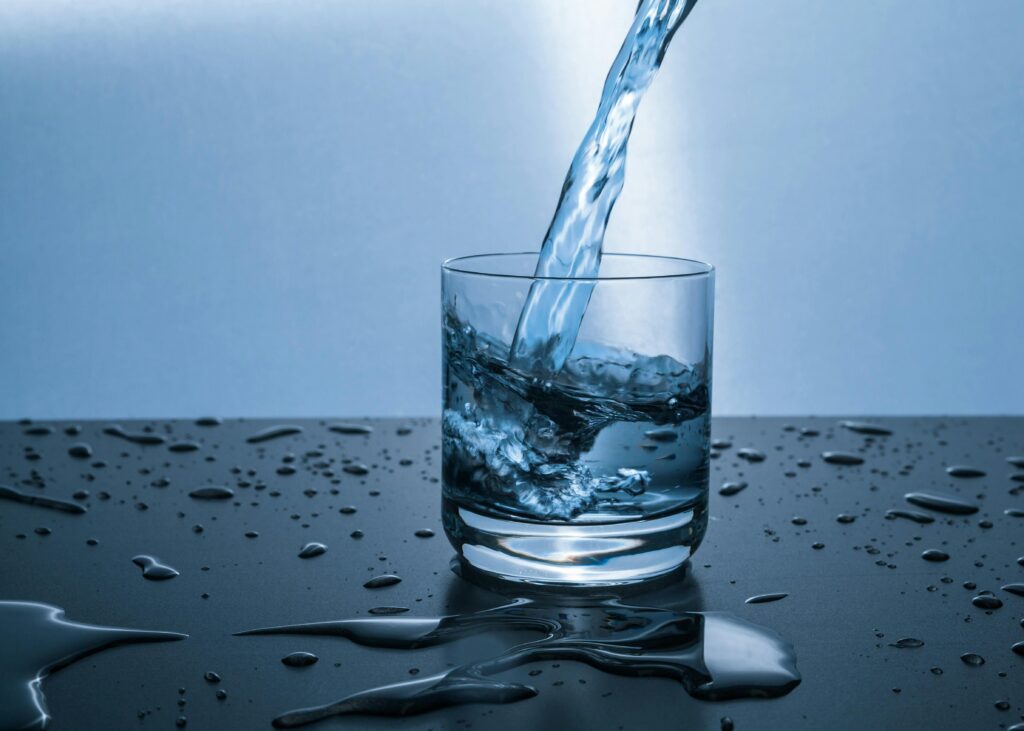
As temperatures rise during the summer, the choice of a hydrating beverage becomes crucial. Water, with its absence of unnecessary calories and additives, is recommended by our registered dietitian team as the ultimate year-round hydration solution. Understanding why water is vital involves recognizing its role in transporting nutrients to cells, eliminating waste, protecting joints and organs, and regulating body temperature.
RECOMMENDED DAILY WATER INTAKE
The quantity of water one should consume varies based on factors such as activity level, health conditions, gender, and more. General guidelines from the Institute of Medicine suggest that men aim for 13 cups (about 3 liters) daily, while women should target 9 cups (just over 2 liters). Pregnant and breastfeeding women have different recommendations, and kids and teens should aim for 6 to 8 cups. Fresh fruits and vegetables also contribute to daily water intake.
ARE SPORTS DRINKS NECESSARY OR NOT?
Addressing the question of whether sports drinks are beneficial during exercise, our dietitian team emphasizes that for most individuals engaged in regular workouts, water is the preferred choice. While sports drinks contain electrolytes and sugars useful in specific high-intensity scenarios, they often resemble sugary beverages for non-athletes.
IS CAFFEINE HYDRATING?
Examining the relationship between caffeine-containing drinks and hydration, it is clarified that while caffeine drinks may lead to increased urination, they do not cause a net loss of fluid. Water remains the optimal choice for staying hydrated, being free of caffeine and calories.
STORING WATER SAFELY
The safety of keeping water in the car is addressed, cautioning against prolonged exposure to high temperatures. High heat can compromise plastic bottles, potentially allowing small amounts of chemicals to enter the water. Recommendations include avoiding leaving water bottles in hot cars and opting for portable storage options.
While dehydration is a well-known risk, the possibility of overhydration is explored. Overhydration, resulting from excessive water intake, can disrupt electrolyte levels and lead to various symptoms. Though dehydration is more common, those concerned about or experiencing symptoms of overhydration are advised to consult with their healthcare team for personalized guidance on daily water intake.

BENEFITS
Boosts Physical Performance:
This section delves into the role of water in enhancing physical performance. It discusses how dehydration can impair exercise performance and emphasizes the importance of staying hydrated for optimal athletic endeavors.
Aids Weight Loss:
Focusing on the connection between water intake and weight loss, this section explores how water can serve as a tool in managing body weight. It touches upon the potential benefits of consuming water before meals for appetite control.
The article discusses the impact of water on digestive health, exploring its role in nutrient absorption and the prevention of constipation. It emphasizes how adequate hydration contributes to a healthy digestive system.
May Help Prevent and Treat Headaches:
This section zeroes in on the specific health benefit of water in preventing and treating headaches. It explores the link between dehydration and headaches, highlighting how maintaining proper hydration levels may alleviate this common ailment.
EUROPEAN PERSPECTIVE
Importance of Drinking Water according to l’Association Française de Chiropraxie
Water is essential for the proper functioning of our body. It lubricates the joints, composes saliva and mucus thus promoting digestion and oral hygiene, accelerates skin regeneration, and is essential for the proper functioning of the brain, spinal cord and other tissues. In addition, it regulates body temperature, facilitates the digestive system by removing waste from the body and prevents kidney damage. Drinking water also promotes weight loss, boosts energy during exercise and improves concentration.
Symptoms of dehydration include dark urine, pain when urinating, dry mouth, fatigue, loss of concentration and headaches. Even mild dehydration can impair brain function and affect mood, concentration, and increase the frequency of headaches.
To stay hydrated, it is recommended to consume around 1.5 liters of fluids per day, prioritizing water. It is important to drink during and outside of meals for sufficient fluid intake. All drinks, with the exception of alcoholic drinks, contribute to this intake. However, it is crucial not to overhydrate to avoid the risk of dilution and hyponatremia.
For personalized advice on hydration, it is recommended to consult a healthcare professional such as a chiropractor.
source: https://www.healthline.com/nutrition/7-health-benefits-of-water & https://health.ucdavis.edu/blog/good-food/why-its-important-for-you-to-drink-water-and-stay-hydrated/2022/07) & https://www.chiropraxie.com/blog/articles/pourquoi-l-hydratation-est-essentielle-a-votre-sante#:~:text=Avec%20l’alimentation%2C%20l’,la%20salive%20et%20les%20mucus.



